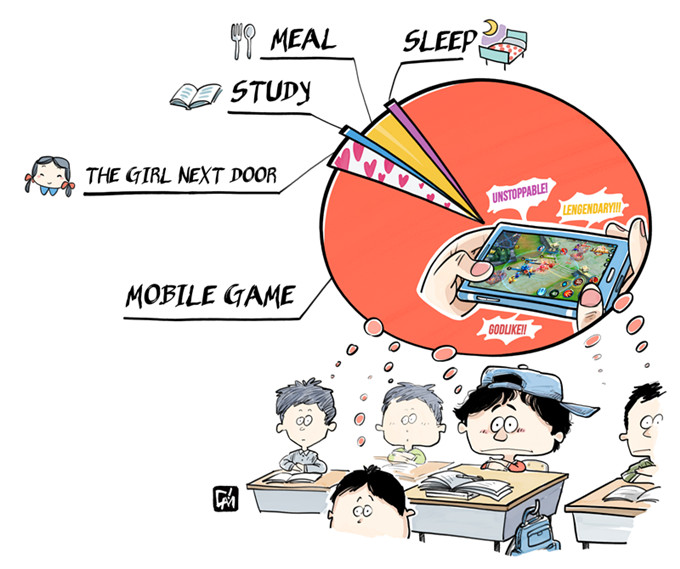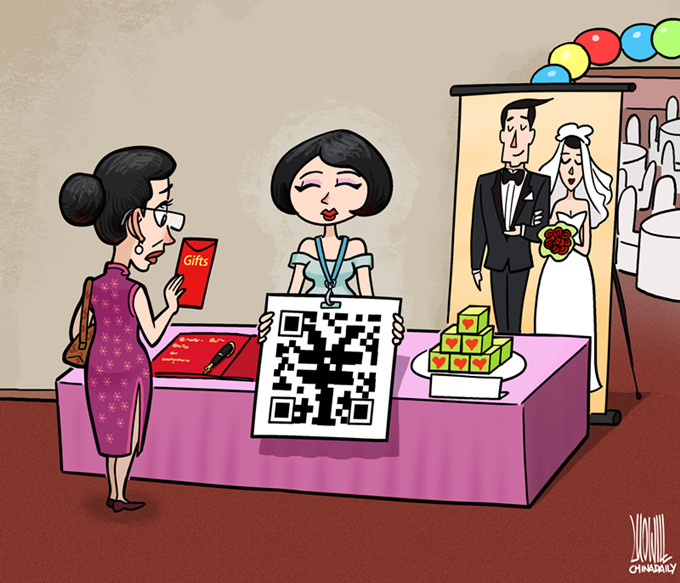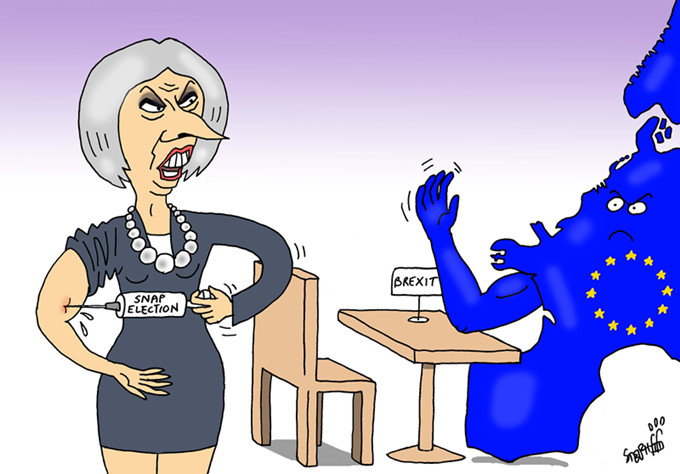There are reasons why many youths appear gloomy
'Our young people look old!" says a recent article in People's Daily and goes on to describe the 1980s generation as "gloomy", "unenergetic" and "behaving in a manner that is too mature for their age".
This description is not true of all the people born in the 1980s, and even those that fit the description have enough reasons to be so. For instance, many of those born in the 1980s took the lead in the relief and rescue operation after an earthquake struck Ya'an in Sichuan province on April 20.
Also, the 1980s generation has excelled in all professions. In 2011, a survey conducted by a job search website found that 40.5 percent of the 1980s generation was holding key positions in companies and 16.3 percent had even risen to the level of middle managers.
Many members of the 1980s generation, who are in their late 20s or early 30s today, appear "gloomy" or act in a "manner that is too mature for their age" because they face enormous problems. The rising cost of living and not-so-attractive career outlook are their main sources of worry. This is borne out by newly released data which show the average rent for a small house in Beijing has increased by 7.6 percent to reach 3,660 yuan ($600) a month, while the average monthly salary in the city is only 4,672 yuan. Add to that rising prices of necessities and you get the real picture of how difficult life has become.
Moreover, renting a house is not the end of troubles for many people, for landlords still dictate terms and can kick a tenant out whenever they want. Since China lacks specific laws and regulations to protect tenants' rights, many young people have no choice but to try to buy a house, which is easier said than done because of skyrocketing real estate prices.
By the end of March, the average housing price in Beijing had reached 30,803 yuan per square meter, which means an average worker has to put all his income (without spending anything on food, clothing or shelter) for 33 years to buy a 60-sq-m house. Perhaps life in second-tier cities like Nanjing, Jiangsu province, is better, because the average housing price there is 11,886 yuan per sq m and the average monthly salary is 4,559 yuan.
Besides, people born in the 1980s have the additional burden of looking after their parents (and of course children). So before criticizing the 1980s generation for its "gloomy" and "unenergetic" attitude, we should consider the tremendous pressure that it is under.
Zhang Zhuoyuan, a researcher at the Chinese Academy of Social Sciences, says the rigidity of social structure prevents talented grassroots people from getting their worth in today's society. "A society in which family background decides one's future is hopeless," he said at a discussion at the 2013 session of the National People's Congress. "It is necessary to let those at the bottom see hope in life."
In his inaugural address, President Xi Jinping said all people living in this great country "share the opportunities to make their lives colorful". The 1980s generation, too, shares these opportunities and hopes society will create better and more equal opportunities for it to realize its colorful dreams.
The author is a reporter with China Daily.
Email: zhangzhouxiang@chinadaily.com.cn.
(China Daily 05/24/2013 page9)
























